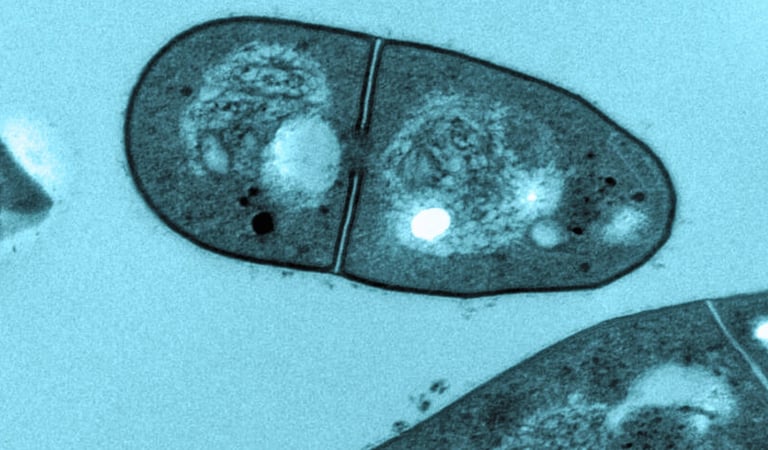Discovery of Mycobacterium spongiae: a new insight into the evolution of Mycobacterium tuberculosis
MICROBIOLOGY
9/9/2024
Researchers from the University of Melbourne successfully isolated a new bacterium, Mycobacterium spongiae sp. nov. (strain ID: FSD4b-SM), from a marine sponge specimen collected from the Great Barrier Reef, Queensland, Australia. This bacterium is closely related to M. tuberculosis, the pathogen responsible for tuberculosis (TB) in humans, sharing up to 80% nucleotide identity. The study, published in PLOS Pathogens in August 2024, revealed that FSD4b-SM conserves virulence factors of M. tuberculosis, including intact ESX secretion systems and associated effectors. Interestingly, although FSD4b-SM persisted in the lungs of mice for 56 days following intranasal infection to test its virulence, no significant pathology was observed. Based on these findings, researchers evaluated the potential of FSD4b-SM as a vaccine strain and a genetic donor of the ESX-1 locus to enhance immunogenicity against TB. Unfortunately, this approach did not result in better protection than BCG vaccination alone. Nevertheless, the discovery of M. spongiae FSD4b-SM adds valuable insights into the evolution of M. tuberculosis. It holds significant potential as a resource for developing future therapies and treatments for M. tuberculosis infections.


